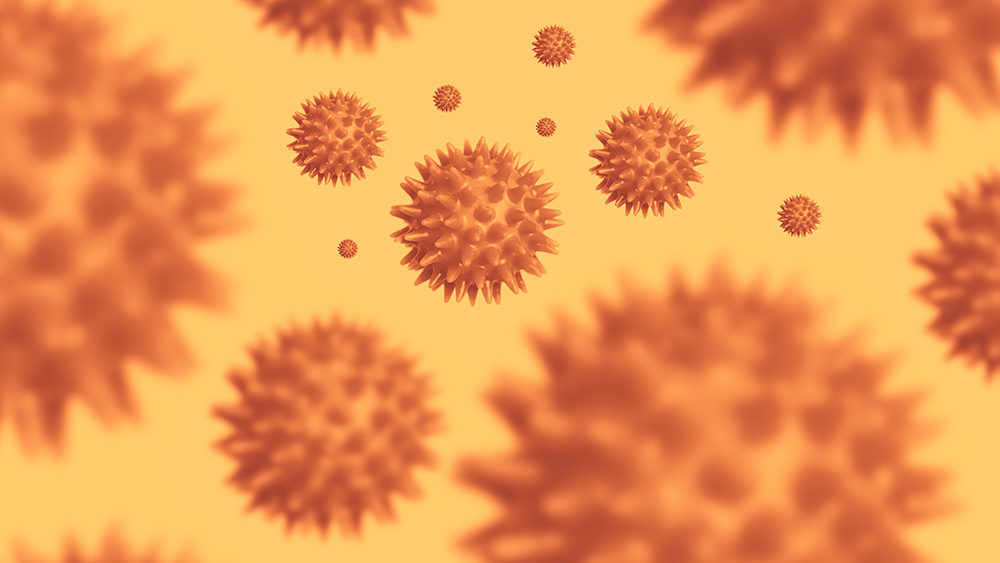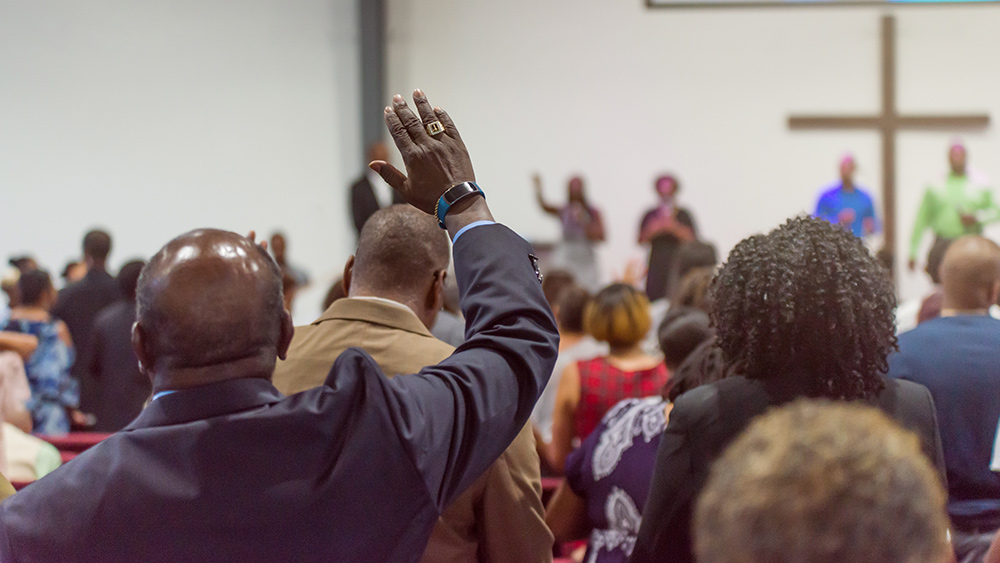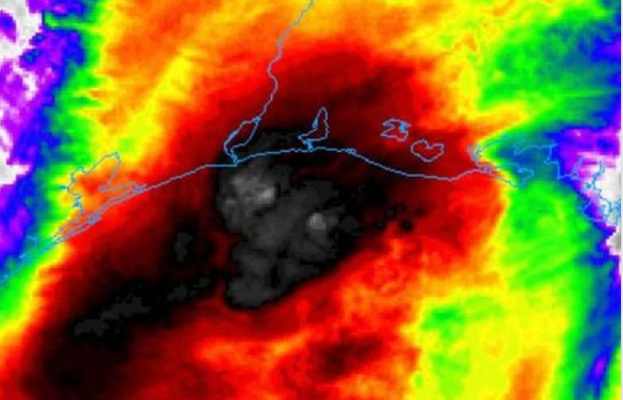 Parler
Parler Gab
Gab
US officials use spread of omicron to push vaccinations
The United States is one of the latest countries to confirm new, domestically spread cases of the post-vaccine omicron variant. U.S. officials reported on Sunday that the variant is now present in around a third of American states. At least 17 states have reported omicron post-vaccine variant cases. These states are California, Colorado, Connecticut, Georgia, Hawaii, Louisiana, Maryland, Massachusetts, Minnesota, Missouri, Nebraska, New Jersey, New York, Pennsylvania, Utah, Washington and Wisconsin. Maryland, Missouri, Nebraska, New Jersey, Pennsylvania and Utah each reported their first cases carrying the omicron variant on Friday, Dec. 3. Louisiana is the latest state to report a case with the omicron variant. On Sunday, Dec. 5, health officials reported that an individual who most likely caught the variant domestically was the state's first case. Most of the cases were among fully vaccinated individuals. The remainder were unvaccinated or partially vaccinated people infected by their fully vaccinated friends and loved ones. Health officials refused to report on whether or not the fully vaccinated individuals had received booster doses of the vaccines. Much like the WHO, American health authorities have used the spread of the omicron variant to coerce more people into getting vaccinated. American COVID-19 vaccine makers have been told to make "tweaks" to their vaccines to specifically target the variant. Government regulators have promised "speedy reviews" in response to these edited vaccinations. "Certainly, FDA will move swiftly and CDC will move swiftly," said Centers for Disease Control and Prevention Director Dr. Rochelle Walensky. Officials have officially announced that they are working together with Pfizer and Johnson & Johnson on updated shots. Moderna said it will spend one to two weeks gathering data, and then spend the next "60 to 100 days" crafting an omicron-specific COVID-19 vaccine. Learn more about how health authorities are trying to stir panic over the omicron variant to increase vaccination rates at Pandemic.news. Sources include: TheNewAmerican.com DailyMail.co.uk Independent.co.uk Reuters.com NBCChicago.comSteve Quayle: Truth about aliens and destruction of human race will be revealed
By Kevin Hughes // Share
They are screwing with the weather maps: SUN is BAD!
By News Editors // Share
“Morally and intellectually corrupt”: UCLA professor resigns in protest over viewpoint intolerance
By News Editors // Share
‘Openly queer teacher’ admits to socially transitioning 3rd grade students
By News Editors // Share
Governments continue to obscure COVID-19 vaccine data amid rising concerns over excess deaths
By patricklewis // Share
Tech giant Microsoft backs EXTINCTION with its support of carbon capture programs
By ramontomeydw // Share
Germany to resume arms exports to Israel despite repeated ceasefire violations
By isabelle // Share










